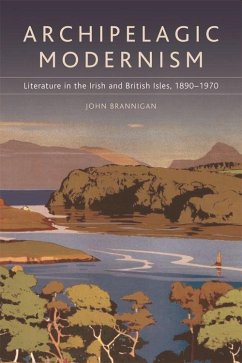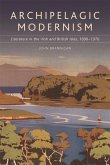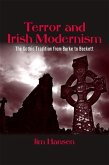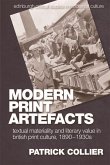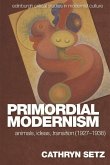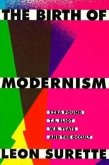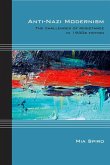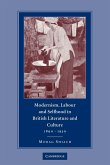Provides a new model for understanding 20th-century British and Irish literatures as 'archipelagic' narratives Aimed at students taking their study of modern literature to an advanced level, John Brannigan argues that the literatures of the British Isles constitute an important resource for thinking about alternative political geographies and ecologies. From the height of the British Empire in 1890 to the increasing sense by 1970 of the imminent 'break-up' of Britain, he outlines the ways in which an 'archipelagic modernism' turned to the 'peripheral' spaces of islands, coastlines and the sea to re-invent the Irish and British archipelago as a plural and connective space. Providing new readings of modernist writers such as Yeats, Synge, Joyce and Woolf, Brannigan shows how literature engages deeply with place and environment in the 20th century. Key Features Interdisciplinary - particularly the relationships between literature, ecology and geography Offers a new interpretation of how literature engages with place and environment in the 20th century Includes major new interpretations of key modernist writers such as Yeats, Synge, Joyce and Woolf, and gives canonical examples of archipelagic modernism accessible to the classroom Exploratory - the book explores archipelagic narratives of literary history as a new model for understanding 20th-century British and Irish literatures and opens up ways of critically evaluating conventional literary histories of 'EngLit' and national literatures John Brannigan is Associate Professor in the School of English, Drama and Film, University College Dublin. His books include Race in Modern Irish Literature and Culture (2009), Pat Barker (2005), Orwell to the Present: Literature in England, 1945-2000 (2003), Literature, Culture and Society in Postwar England, 1945-1965 (2002), and Brendan Behan: Cultural Nationalism and the Revisionist Writer (2002). He is the current editor of the Irish University Review.

